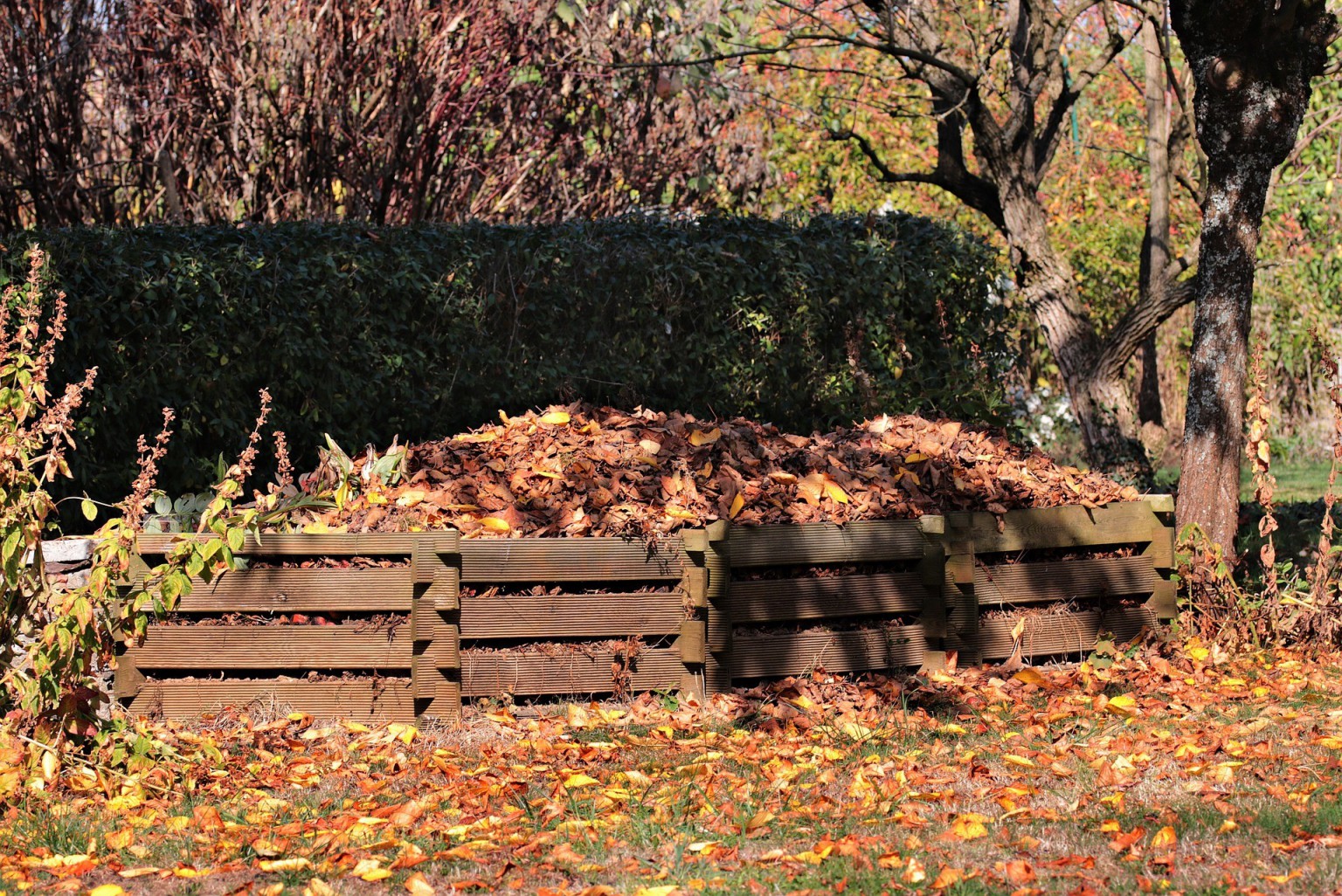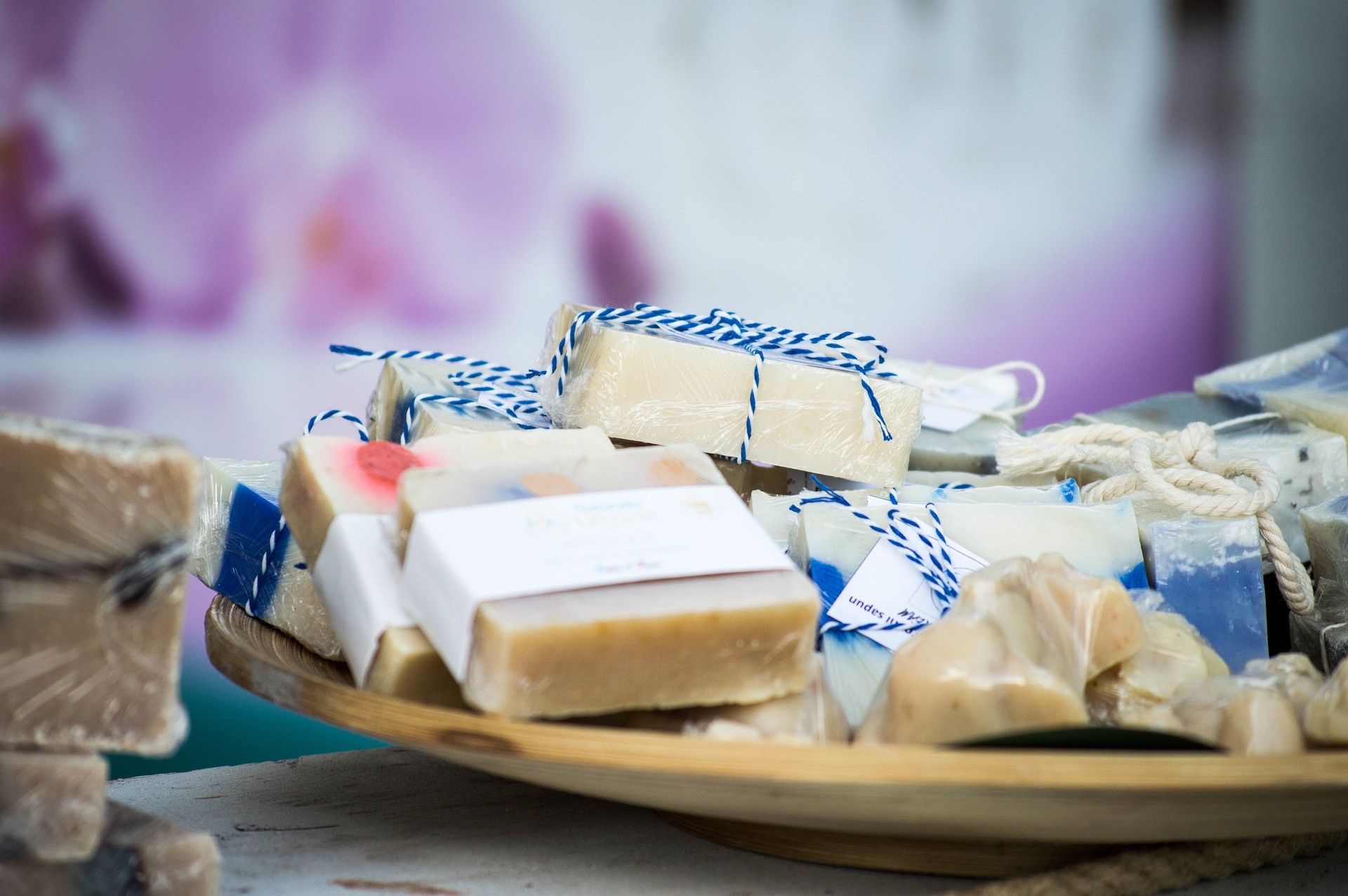How To Start a Zero Waste Garden
Growing your own is one of the best steps you can take to start living in a more sustainable way. But the methods and materials you choose to use in creating your garden are important. To help you make sure your project is as sustainable and eco-friendly as possible, here are some tips to help you start a zero waste garden:
To start a zero waste garden, you need to:
- Make the most of renewable resources at your disposal.
- Choose the right tools, containers and other gardening items.
- Select the right seeds and plants for the right places.
- Think carefully about what you need and want your garden to provide.
A zero waste garden should involve thinking carefully about the resources and materials you use. You should think not only about what you need to get started, but also what you need to maintain your garden long term. You should think about what items you really need, and try to avoid choosing items which have a negative impact on the planet. This often involves finding alternatives to plastic products.
Beyond plastic waste, it is also important to think about avoiding other forms of waste: water and energy waste, and the waste of plants, seeds and other natural resources.
If you want to start a zero waste garden, you should also think beyond the garden itself. Think about how the garden could ultimately provide for your needs, and help you live in a zero waste way in other areas of your life. A garden can provide food, of course, but it can also provide other natural resources – to make your own natural cleaning and beauty products, for example...which avoids the need to bring packaged goods into your home.
Using Renewable Resources for a Zero Waste Garden

Before you get started with sowing seeds, it is a good idea to get the basics for your garden in place. Bear in mind that you can create a garden wherever you live. And even if you do not have any outside space at all, you can still get started with growing your own.
One key thing to think about when starting your garden is your growing medium (and maintaining fertility in your garden or containers over time). If you don't yet have a composting system in place – set one up right away. Even without a garden, you can set up a small-scale system to compost food scraps and other compostable household waste.
Making your own compost won't just let you reduce food waste. It can also help you avoid the need to buy in compost or potting soil. This can help you refuse to support damaging systems (such as peat harvesting), and reduce plastic packaging coming into your home.
If you can, you should also think about harvesting rainwater where you live, and set up systems to manage water more effectively on your property.
There are also plenty of other natural resources that you can make use of, from your existing garden or the natural surroundings in your area. Fallen leaves, for example, can be used as mulch, or to make leaf mold – which can also be very useful in filling containers or improving the soil in your garden.
Rather than digging or tilling to make new garden beds, you can consider taking a no dig approach. You can create layers of organic material to build up fertile growing areas on top of the soil.
Choosing Tools, Containers and Gardening Items
Whether you are growing indoors, or outside, there are certain tools, containers and other gardening items that you will need. But these do not necessarily have to be bought new.
- Consider second-hand tools and containers (which other gardeners may even be giving away for free).
- Think about repairing old garden tools to keep them in use.
- If you do need new tools, consider ones with wooden rather than plastic handles.
- Use reclaimed wood or other reclaimed materials to make your own seed trays and plant pots rather than buying plastic seed starting flats and plastic pots.
- Use biodegradable plant pots, or make your own using toilet roll tubes etc...
- Or invest in or make a soil blocker to use for seedlings or plug plants.
- Choose non-plastic containers, or reuse 5 gallon food-grade buckets or similar when you need larger containers.
- Use reclaimed fabrics and natural materials rather than a synthetic netting or horticultural fleece.
- Choose jute or sisal twine rather than synthetic twines for garden use.
- Make raised beds, trellises, bed edging etc from natural or reclaimed materials.
These are just some of the ways to reduce waste when creating and maintaining your garden.
Selecting Seeds and Plants for a Zero Waste Garden
Zero waste strategies should go beyond the tools, containers and other gardening items. They should also embrace the seeds and plants you choose. Of course, one thing you can do is to order seeds and plants that come plastic free.
But you should take a DIY approach as much as you can. Save seeds and propagate your own plants rather than buying them in wherever possible. This will reduce the need to buy seeds or plants in plastic sachets or pots. You can also often source seeds and plants directly from other gardeners in your area. Remember, you can also grow a range of vegetables from scraps, so you won't need to buy anything in especially to start your garden.
In order to avoid waste you also need to make sure that you choose the right seeds and plants for where you live. Make sure you think about:
- Where exactly your plants will grow (inside, under-cover or outdoors).
- Light levels and the patterns and sunlight and shade where you are throughout each day and throughout the year.
- Temperatures and the climate in your area.
- Micro-climate conditions in your particular growing areas.
- Soil type, pH and conditions (or the properties of growing media if you are growing in containers).
When growing your own food, you need to think about using all edible parts of the plants. Many plants have secondary yields that it would be wasteful not to enjoy. For example, eat carrot tops, beet leaves, squash leaves and flowers, pea shoots etc... Make sure you are not wasting food or resources, and are able to make the most of all that your garden can provide. When selecting seeds and plants to grow, make sure you also take into consideration what you and your family actually like to eat. This is another important step in reducing food waste.
Choosing and Using Your Garden To Meet Your Needs and Wants

Remember, a zero waste garden can provide a huge range of things to help you move closer to a zero waste lifestyle. It can:
- Produce food, which will allow you to reduce the amount of food you must buy. This limits the waste associated with most agricultural production, and helps you reduce the amount of plastic packaging that comes into your home.
- Produce herbs, flowers and other plants for herbal medicine, natural cleaning and beauty products.. Again, growing these things at home can help you reduce your reliance on wasteful, harmful systems. And it can reduce your overall consumption and the non-compostable packaging that comes into your home.
- Provide you with wood for construction/ crafting etc... Growing trees and woody shrubs in your garden can provide you with the material you need for a range of zero waste products – from creating structures such as fencing, trellis or bed edging for your growing areas, to making items like baskets, ornaments etc to help you avoid buying such items in future.
- Offer plant materials for a huge range of projects, from natural fibres for paper and textiles, to natural paints and dyes. The more resources you grow in your garden, the less reliant you will be on wasteful and polluting systems.
- Give you plenty of organic material to plumb back into the garden system to maintain the ecosystem and maintain and enhance fertility over time.
A zero waste garden is not just a garden that has not generated waste in its creation and does not generate waste during its cultivation. It is also a space that can continue to meet your needs and wants and will help you live a zero waste lifestyle in the future.
Start a zero waste garden today and you will be doing something great – not just for yourself and your family but for humanity, and this planet we call home.

 United States, EN (USD)
United States, EN (USD) Europe (EUR)
Europe (EUR) Netherlands (EUR)
Netherlands (EUR) France (EUR)
France (EUR) Spain (EUR)
Spain (EUR) United Kingdom (GBP)
United Kingdom (GBP)
